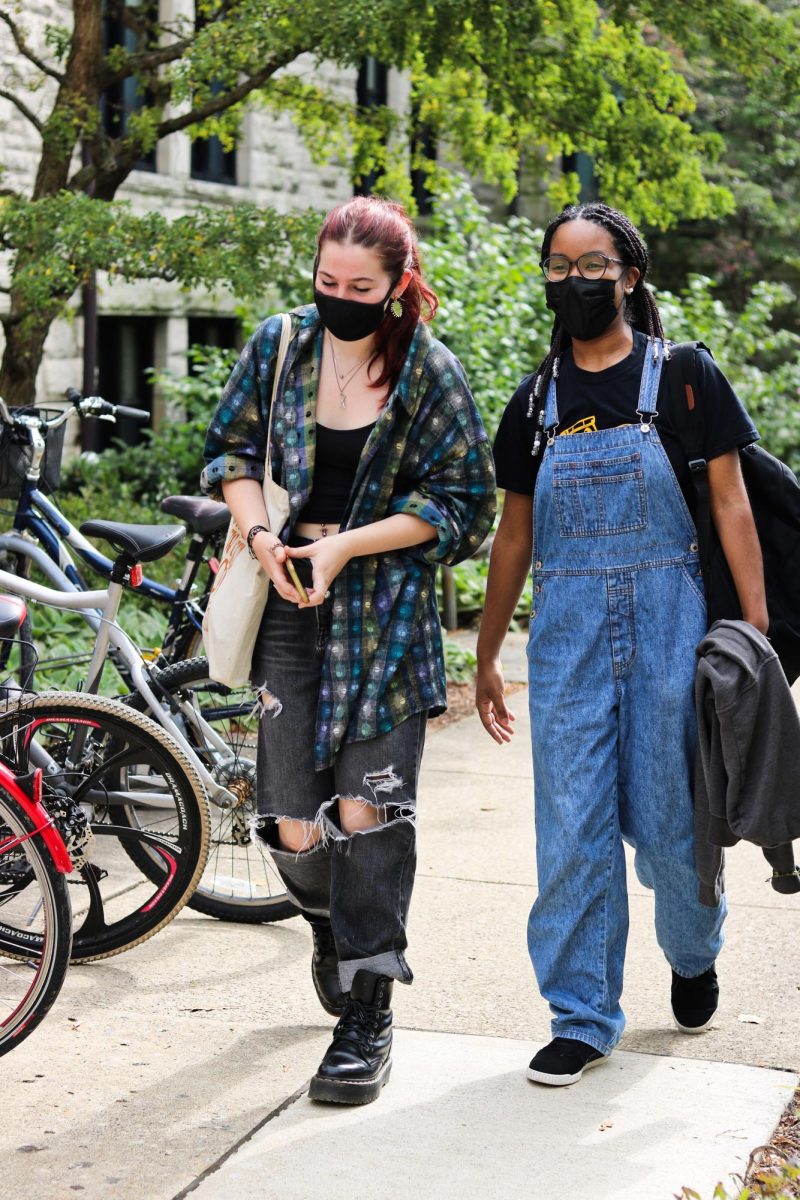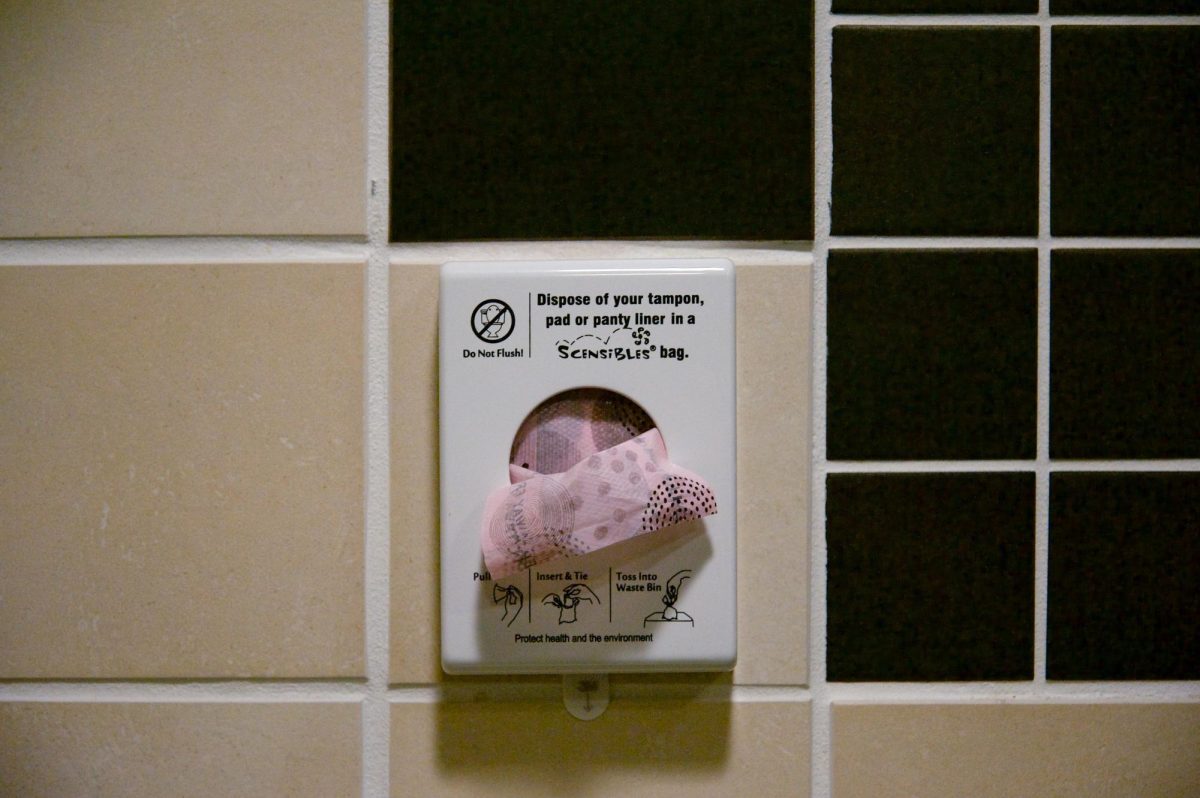Oberlin’s faculty has been characterized recently by an increasing proportion of visiting, part-time, and adjunct professors that mimics nationwide trends in higher education. However, 25 tenure-track positions have been added to the roster of the College of Arts and Sciences for the 2023–24 academic year. While the magnitude of this change in the composition of Oberlin’s faculty might be unprecedented in recent years, the problems that it will supposedly address have been long-running.
These problems include, according to the Review’s coverage in late September of this year, a high, unmet demand for introductory courses across majors, difficulty expressed by students in finding in-major advisors, and a desire to diversify Oberlin’s faculty both in terms of pedagogical techniques and the demographic makeup of its members.
Many of these new faculty members have been hired to teach the specific courses for which Oberlin had apparently been lacking in instructors. These additions to Oberlin’s faculty will also add to the pool of potential advisors from which students may choose from upon declaring their majors.
While I am confident that the new additions to Oberlin’s faculty will offer redress to the problems for which they were hired, the decision doesn’t seem to address the larger problem.
For example, the difficulty that students report experiencing in searching for their advisors isn’t just due to a mere lack of bodies to bear that title. It is also due to the fact that students are often unable to build on already existing relationships with professors that may not be able to remain on campus long term.
Few of the professors hired to fill these new tenure-track positions have previously taught at Oberlin. Second-ye ars declaring their majors next semester will have had limited opportunities to have taken classes with these professors before potentially reaching out to them to be their advisors.
And what about the visiting professors, on whom Oberlin seems to have an increasing (and troubling) reliance and with whom many students will likely have taken classes and perhaps even developed meaningful rapport with during their first year in college? The Review reported on a student, perhaps one example among many, having to settle on a professor with whom she had a “less established relationship” with to be her advisor after her first choice could not fulfill her request. Another student’s experiences in both of her majors where she found “professors that [she] developed a rapport with and that fit [her] learning style very well” who ultimately “left Oberlin” shortly after. These reports are telling.
I’m happy that there are now more professors at Oberlin who are here to stay. But Oberlin’s latest hiring spree has done little to lessen the number of professors whose long-term presence here as visiting assistant professors remains tenuous.
However, students entering introductory courses will certainly benefit from enhanced offerings taught by professors who will then remain on campus as they advance to upper level courses. Students who have long since made their forays into the introductory levels of their varying academic interests face a likely future — if they haven’t experienced this already — in which their favorite professors from their first year will no longer be on campus in their second, third, and fourth years of college. This eventuality inhibits their ability to develop meaningful and generative academic relationships with these professors.
As for those visiting professors that remain whose contracts have been renewed two years after two years without the stability accorded to tenured and tenure-track professors, I advocate that the College focus in the coming years on their retention. This should be done not through the renewal of short-term contracts while competing institutions are free to make more attractive offers opposed to the looming threat of their employment’s expiration, but by offering tenure-track positions to those who are already here.
Surely those professors who have demonstrated sufficient merit to be retained as faculty for years are deserving of a commitment by the College to be employed for years to come. Surely Oberlin’s students, to whom the College has made a commitment to offer a rigorous and comprehensive higher education, are deserving, too, of greater stability in their instruction.
While the hiring of tenure track professors is a step towards this stability for many new classes of students to come, it seems to me to be antithetical to Oberlin’s values of inclusion and accessibility to leave anyone behind. I applaud Oberlin’s expansion of its tenured and tenure track faculty, as I do with any decision that seeks to benefit future students and to promote the institution’s longevity. But I implore the College not to neglect or renege on their commitments to those who are already here and who have long been committed to the institution and its community.





